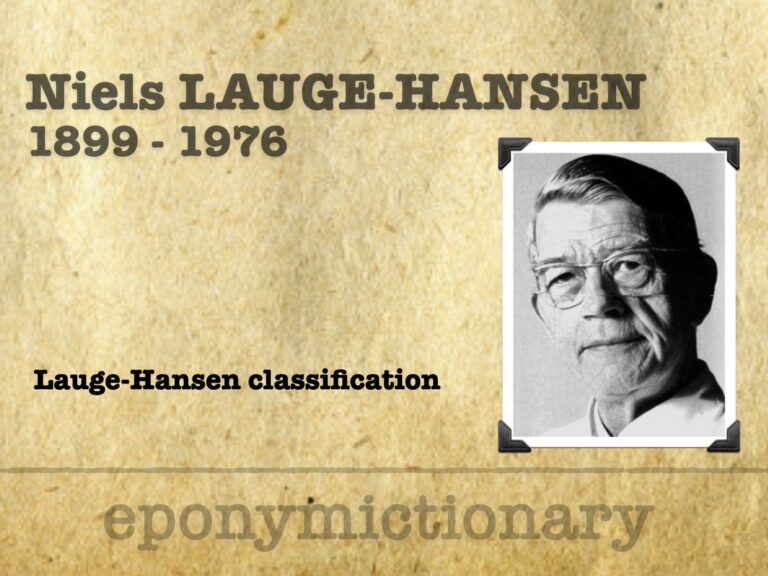
Niels Lauge-Hansen
Niels Lauge-Hansen (1899 – 1976) was a Danish Radiologist. Eponymously linked with the Lauge-Hansen classification of ankle fractures in 1950

Niels Lauge-Hansen (1899 – 1976) was a Danish Radiologist. Eponymously linked with the Lauge-Hansen classification of ankle fractures in 1950
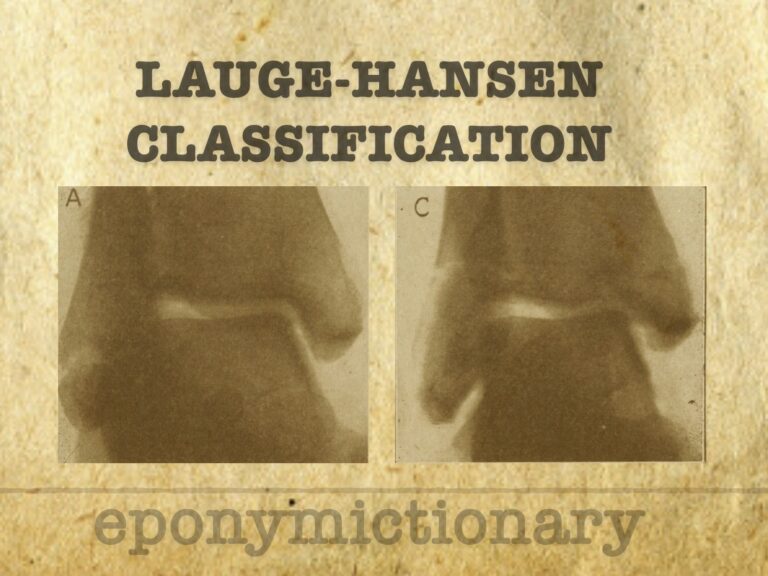
Lauge-Hansen classification of ankle injuries (1950) - predictable fracture patterns defined by injury mechanism and resultant radiological findings
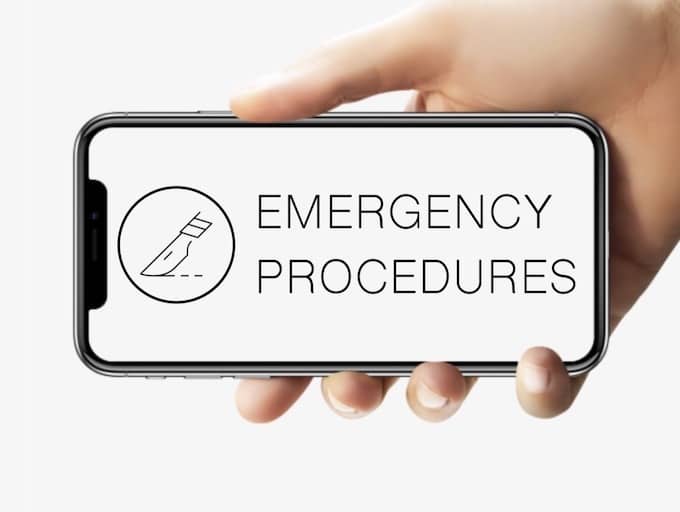
Emergency Procedure, instruction and discussion: Haematoma block; used in forearm or distal radius fracture requiring reduction
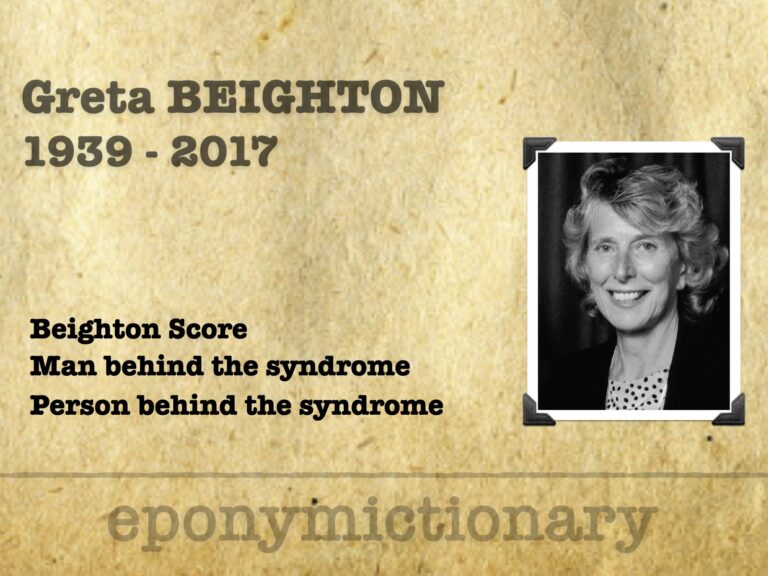
Greta Beighton (1939–2017), English nurse and genetic researcher who co-developed the Beighton Score for joint hypermobility and contributed to clinical genetics in South Africa.
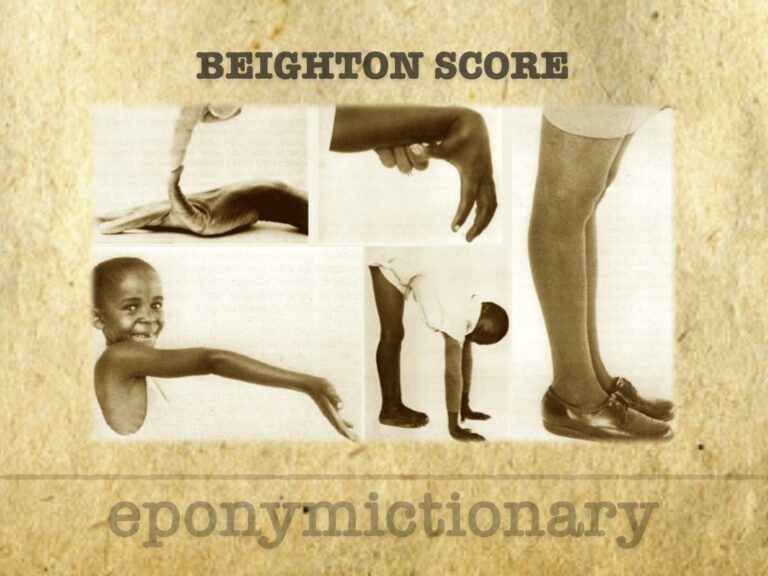
The Beighton Score is a simple, numerical index which is used to express the range and severity of joint movements in normal and affected persons.
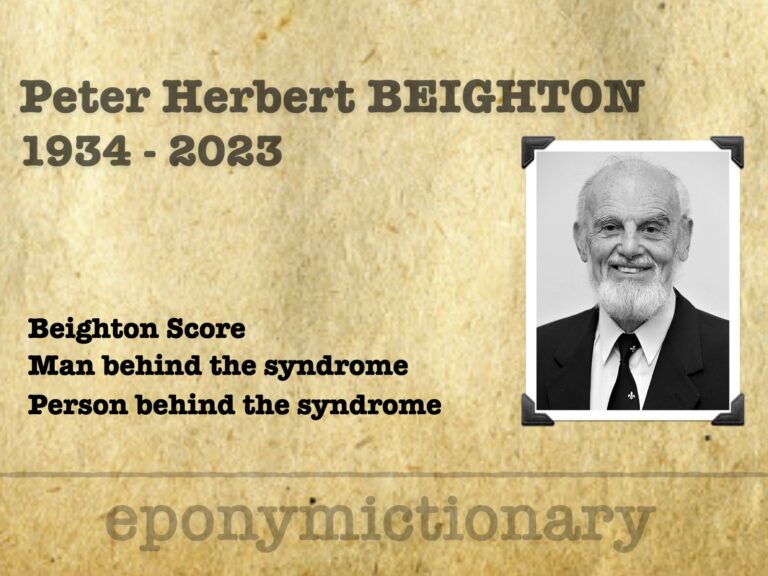
Peter Beighton (1934–2023) was a clinical geneticist known for research on inherited skeletal disorders and co-developing the Beighton Score for joint hypermobility.
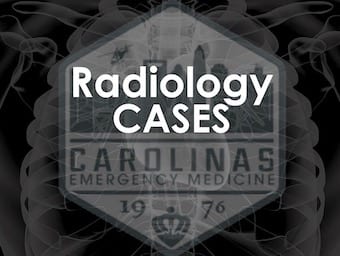
Xray and ultrasound (POCUS) evaluation of integrity of quadriceps tendon, patella tendon, and patella evaluating for tendon rupture and patella fracture.
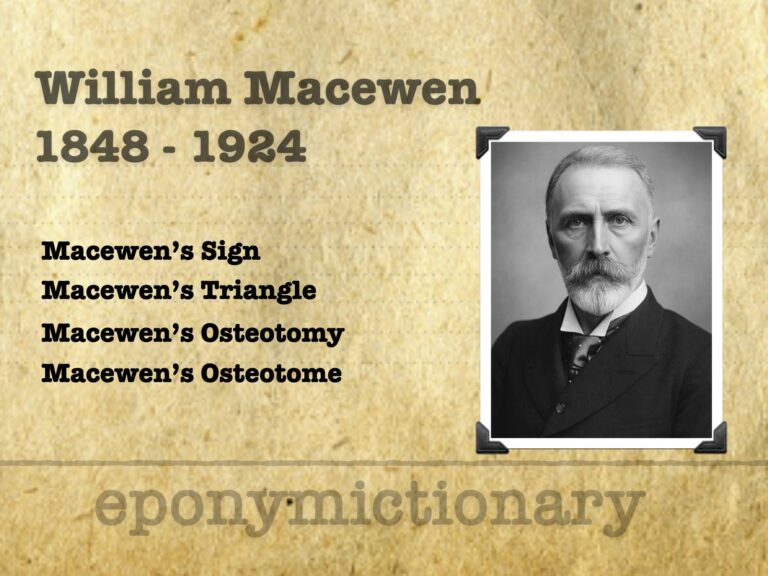
Scottish surgeon Sir William Macewen (1848–1924) pioneered neurosurgery, bone grafting, and antiseptic technique, transforming modern surgical practice
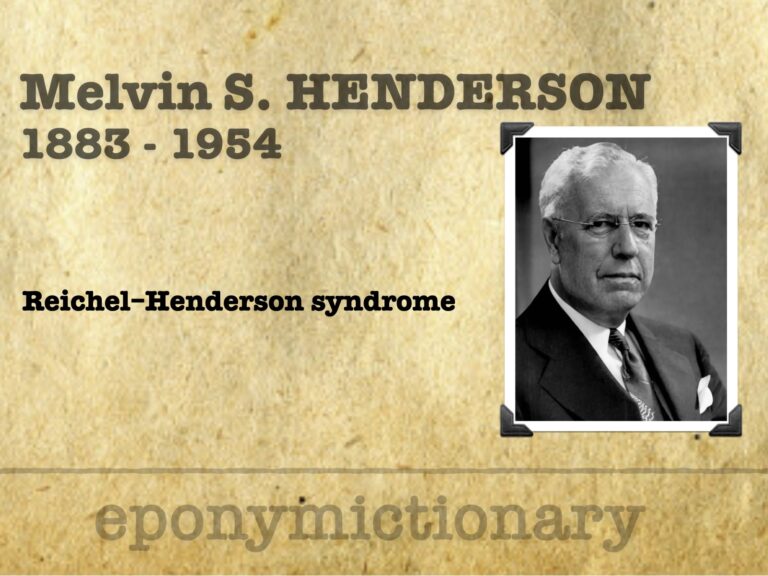
Melvin Starkey Henderson (1883–1954), founding Mayo orthopaedist and ABOS president, co-described Reichel–Jones–Henderson syndrome (synovial chondromatosis).
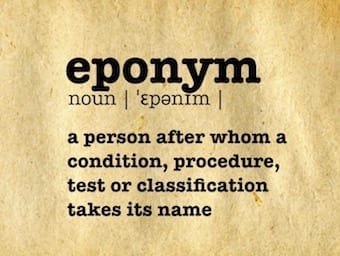
Alfred Stieda (1869-1945) was a German Surgeon. Eponym: The Stieda fracture, Stieda tubercle, Pellegrini-Stieda disease (1908)

George Quentin Chance was an British radiologist. Eponymously associated with the Chance fracture (1948) transverse fracture through a vertebral body

Mary Broadfoot Walker (1888 - 1974) was a Scottish physician. Mary Walker effect (1934); neostigmine and myasthenia gravis